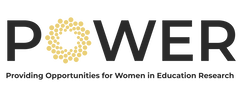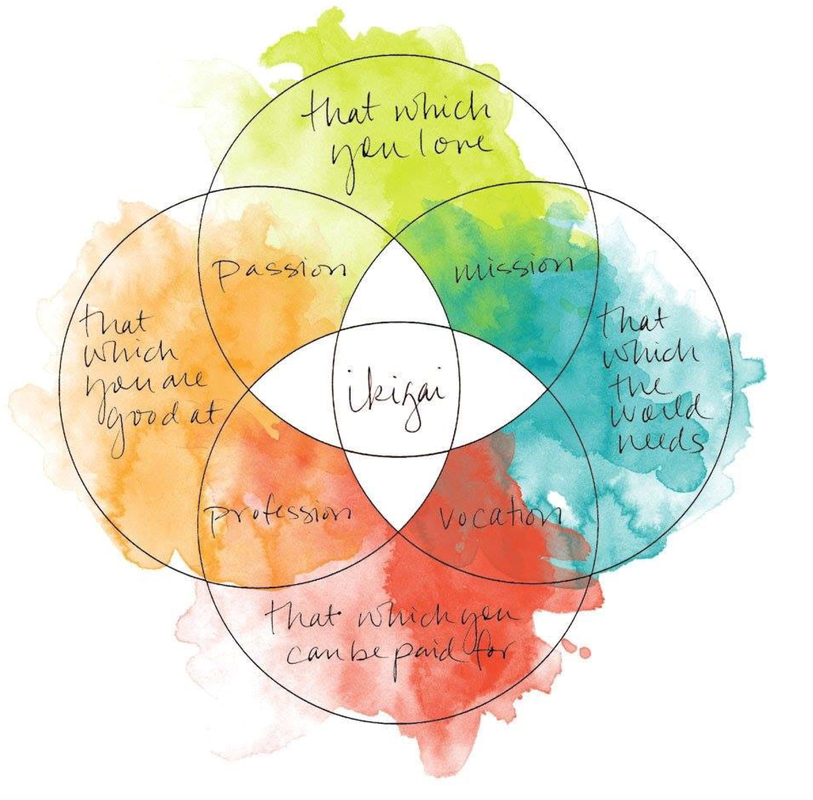|
In February 2019, members of the POWER Steering Committee spoke with Stephanie Al Otaiba Ph.D. We had an insightful conversation about making an impact as education researcher and advice for women. POWER: What is the best advice you have received during your career?
POWER: How do you make decisions about how to spend your time?
POWER: What do you think is particularly important for early- and mid-career women to know?
POWER: What advice do you have for faculty who are developing mentoring relationships as either the mentor or the mentee?
POWER: Is there anything that you wish you had done differently in your career? What would you do differently?
We are grateful that Stephanie spent her time and energy helping us think strategically about how to make an impact that fits our values.
0 Comments
Leave a Reply. |
Categories
All
Archives
November 2023
|


